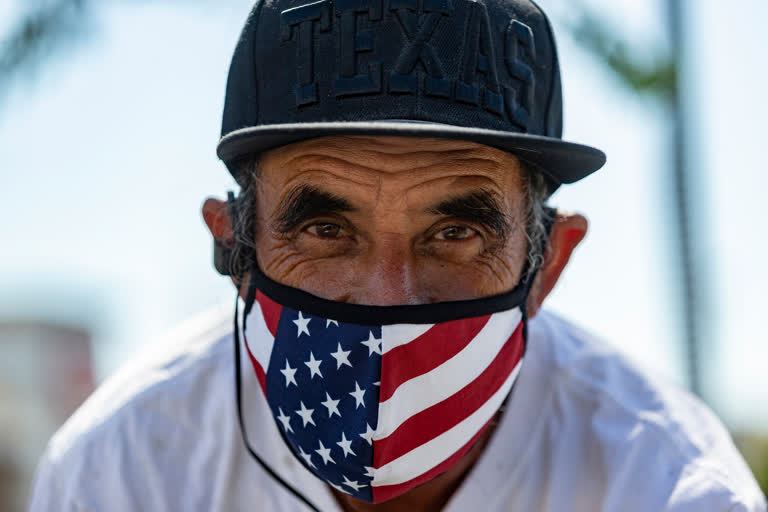Washington: The US has relaxed regulations to allow doctors on the H-1B work visa to practice telemedicine and help local hospitals to meet the surging demand for healthcare professionals due to the coronavirus pandemic in America, the worst-hit country by the COVID-19 outbreak.
The US has nearly 1.45 million cases of confirmed COVID-19 cases and over 86,000 people have died due to the highly contagious disease.
The US Citizenship and Immigration Services (USCIS) has issued new guidelines enabling physicians holding the H-1B visas to practice telemedicine and providing local hospitals with the necessary flexibility to meet the increased demand for medical treatment during the COVID-19 pandemic.
The H-1B visa is a non-immigrant visa that allows US companies to employ graduate-level workers in speciality occupations that require theoretical or technical expertise in specialised fields, which include dentistry.
The updated guidelines come after a bipartisan group of lawmakers urged the USCIS to permit doctors with the H-1B visas to make select changes to better assist in the coronavirus response efforts. Medical facilities, particularly those in rural regions, rely on the H-1B visa program to fill critical vacancies.
As part of the visa approval process, employers must identify where and for how long the visa holder will work. Any changes to a visa holder's status must be approved by the USCIS.
The site-specificity for work authorisation has prevented physicians from holding the H-1B visa from transferring to facilities that are overwhelmed with COVID-19 patients or are experiencing staff shortages due to the quarantine requirements.
A group of lawmakers in a letter to the USCIS said that these physicians are also unable to provide treatment through telemedicine program, which have provided much-needed surge capacity to underserved and rural areas during this pandemic.
"As a result of this advocacy, the USCIS changed its policy, enabling doctors with the H-1B visas to practice telemedicine and permitting them to transfer to overwhelmed facilities. In our community's time of need, we must ensure our healthcare providers are fully empowered to treat patients in our region, said Republican Congressman John Katko.
Meanwhile, the American Dentist Association (ADA) on Thursday requested that the federal government extend the current 60-day grace period for unemployed or furloughed dentists with H-1B visas to 180 days during the COVID-19 pandemic.
"Dentists who are in the United States on H-1B visas are worried that they may lose their status and be forced to go back to their home country, ADA President Chad P Gehani and ADA Executive Director Kathleen T McLoughlin wrote in a letter to Joseph Edlow, deputy director for policy at the USCIS.
